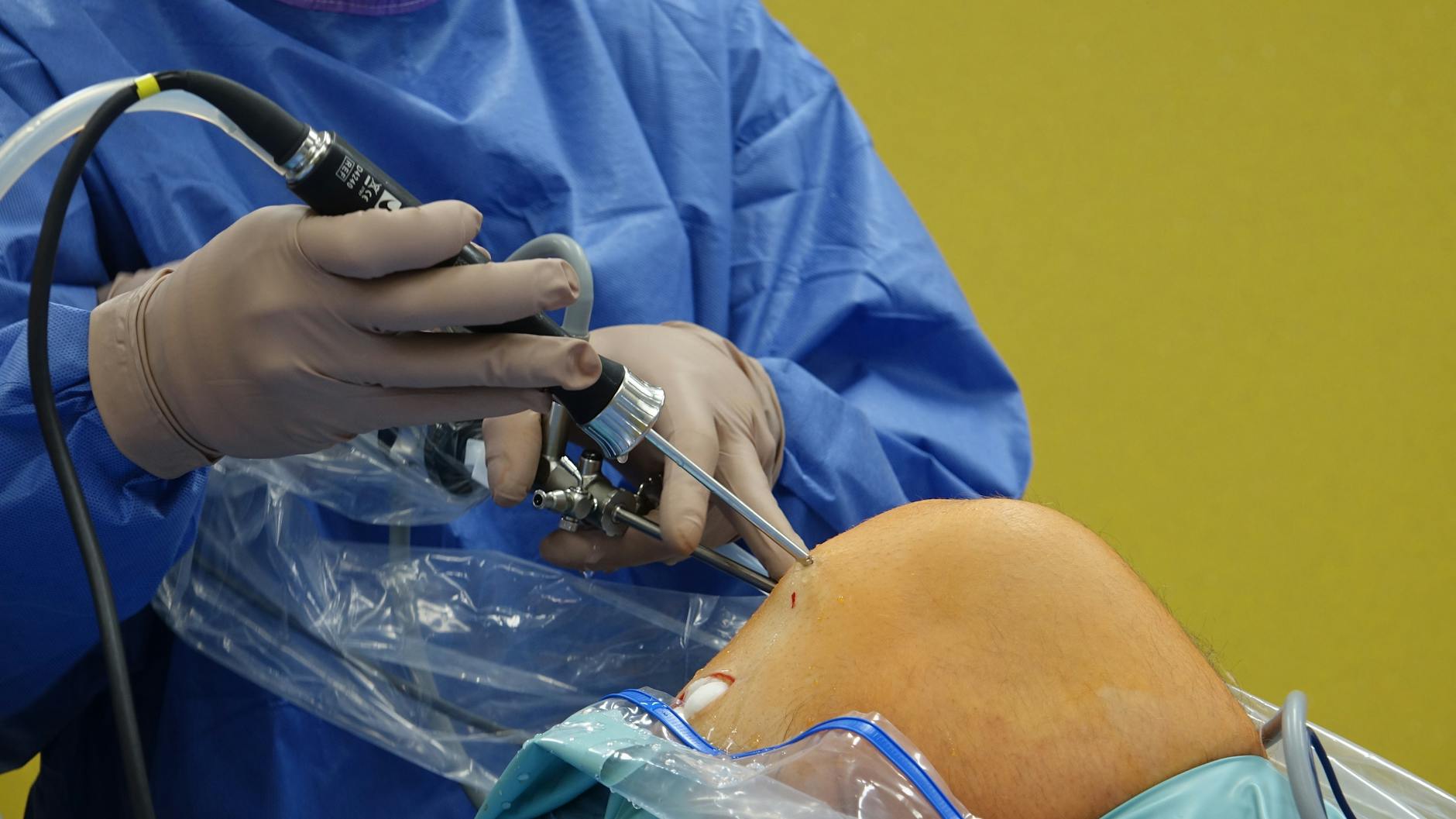
You don’t walk in expecting to tell your whole story
It usually starts with something small. A stiffness. A moment of hesitation when you bend. You ignore it. Days pass, then weeks. The ache becomes a decision. You walk differently. Sit carefully. Sleep on one side. You don’t say it aloud, but the pain is running the schedule.
So you sit on an exam table, waiting for someone to notice what’s changed without being told.
They do.
They notice what’s changed without being told
They ask you where it hurts, but they mean something deeper. You point. They watch. They don’t rush. You explain, but you’re not sure if it makes sense. Still, they nod. Because your movements speak more than your words. They see it in how your shoulders sit. How your hand hovers near your thigh when you walk.
They’re listening with more than their ears.
They’re listening with more than their ears
They don’t talk about surgery first. Not unless they need to. It’s never the opening. Sometimes it’s not even part of the story. They talk about alignment. Muscle memory. The way your bones hold tension long after the injury has passed. They ask questions you’ve never considered.
And suddenly the pain that made no sense starts to feel organized. Like something that belongs somewhere.
The pain starts to feel organized
They touch gently. Press where it hurts, and where it doesn’t. You wince. They pause. You realize you’ve been holding tension in places you didn’t even know could hold it. It’s not just one joint. Not one nerve. It’s a network of small compensations your body made without your permission.
You say, “It’s just been like this,” and they say, “But it doesn’t have to be.”
Your body made adjustments without your permission
Then come the scans. You lie still while machines take pictures of the life inside you. The images feel cold, distant. To you, they’re strange. But to them, they’re a language. They read shadows like memories. They trace the gap between what should be and what is.
You watch their face while they read. You wonder if they already know the ending.
They read shadows like memories
Sometimes they recommend surgery. But they don’t promise magic. They don’t pretend to undo everything. They explain what healing really looks like. Not straight lines. Not sudden relief. But time. Effort. Rebuilding. They don’t offer guarantees. They offer presence.
And presence becomes the thing that makes the risk feel bearable.
Presence becomes the thing that makes the risk feel bearable
You go home and think about what they said. You read the papers they gave you. You search online, trying to understand words that don’t land right in your mouth. Arthroscopy. Degeneration. Fusion. All of it feels clinical. But their voice stays in your head: “We’ll figure this out.”
Not fix it. Not erase it. Just walk with it until it softens.
We’ll figure this out
You choose surgery. Or maybe you don’t. Either way, they stay with you. You see them again. You ask if it’s getting worse. They watch you walk again. They ask new questions. They notice the small shifts. Your range. Your strength. Your doubt.
They don’t just measure progress. They remember how far you’ve come.
They remember how far you’ve come
The day of surgery is quiet. You wait in a gown that doesn’t feel like clothing. You listen to machines beep. You say very little. But they speak to you like nothing is strange. Their words are calm, focused. Not hopeful in the way people often mean. Just steady. Reliable.
That kind of steadiness feels like enough.
That kind of steadiness feels like enough
Afterward, everything slows. Your body feels foreign. The pain is different now. Sharper, but clean. You’re swollen. Bruised. But something is changed. Something has begun. They visit. They ask how you slept. They look at the incision. They nod.
No one celebrates. Because healing isn’t loud.
Healing isn’t loud
Then comes rehab. The hardest part. The part that asks the most of you. It’s not just about movement. It’s about fear. About learning how to trust a knee that once collapsed. A hand that once dropped what it held. They know this. They don’t rush you.
They say, “A little more today.” You try. Sometimes you fail. Sometimes you surprise yourself.
And they’re there either way.
Sometimes you surprise yourself
The milestones are never what you expected. It’s not the first time you run. It’s the first time you forget to think about pain. The first time you lift your arm without hesitating. The first time you laugh and only realize later—it didn’t hurt.
Those are the moments they notice.
The first time you forget to think about pain
And one day, you don’t need to come back. Not because it’s all perfect. But because you’ve returned to yourself. Because the pain is no longer in charge. Because your body feels like a place you can live again.
They shake your hand. Or they don’t. Either way, you leave differently.
You leave quieter.
You leave stronger.
Because someone helped you find what was still whole.
